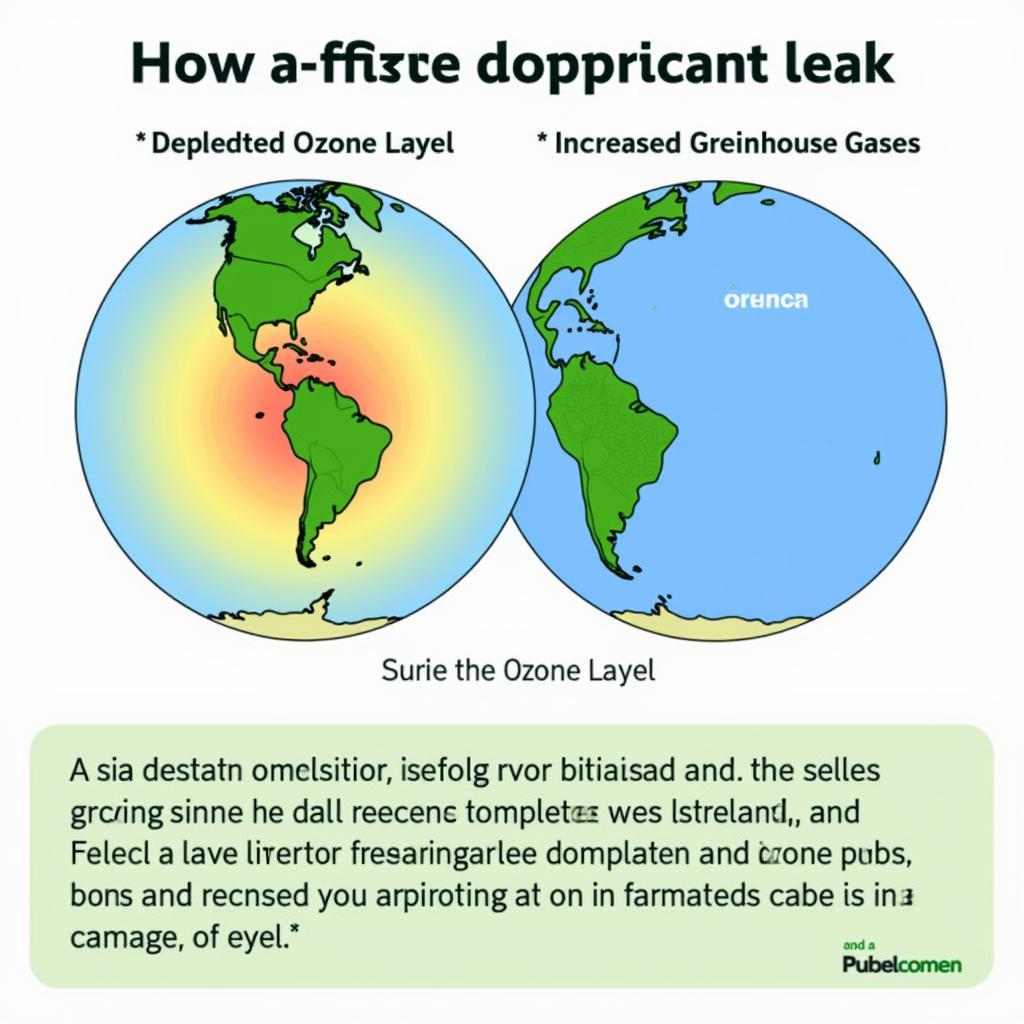The ASEAN region is witnessing a surge in the electric vehicle (EV) market. As countries across Southeast Asia strive to achieve their sustainability goals, the demand for electric vehicles continues to rise. With this growth comes the need for standardization and regulation, ensuring the safety, reliability, and interoperability of EVs within the region. This is where ASEAN XEV certification comes into play.
What is ASEAN XEV Certification?
ASEAN XEV certification is a regional initiative that aims to harmonize standards for electric vehicles within the ASEAN Economic Community (AEC). The program establishes a common set of technical regulations and conformity assessment procedures for EVs and their components, ensuring they meet specific safety, performance, and environmental requirements.
Objectives of ASEAN XEV Certification
The ASEAN XEV certification program aims to:
- Promote the adoption of electric vehicles within the ASEAN region by providing a framework for quality assurance and consumer confidence.
- Facilitate trade of EVs and components between ASEAN member states by removing technical barriers to trade.
- Enhance regional competitiveness in the global EV market by establishing ASEAN as a hub for EV manufacturing and innovation.
- Contribute to environmental sustainability by promoting the use of cleaner and more efficient transportation technologies.
Key Features of the ASEAN XEV Certification Scheme
The ASEAN XEV certification scheme encompasses a comprehensive range of aspects, including:
- Vehicle Safety: Regulations cover aspects like battery safety, electrical safety, crashworthiness, and functional safety.
- Environmental Performance: Standards address emissions, energy consumption, and noise pollution.
- Electromagnetic Compatibility (EMC): Ensures EVs do not interfere with other electronic systems.
- Component Homologation: Defines requirements for individual components like batteries, motors, and charging systems.
Benefits of ASEAN XEV Certification
For Manufacturers:
- Access to a wider market: Certification allows manufacturers to sell their EVs across all ten ASEAN member states.
- Reduced testing and certification costs: Compliance with a single regional standard simplifies the certification process.
- Enhanced brand reputation: Certification serves as a mark of quality and reliability, boosting consumer confidence.
For Consumers:
- Increased safety and reliability: Certified EVs meet stringent regional standards, ensuring quality and safety.
- Wider choice of EV models: Harmonization promotes greater competition and a wider variety of EVs in the market.
- Improved resale value: Certified EVs are likely to retain their value better due to recognized quality standards.
Future Outlook
The ASEAN XEV certification program is expected to play a pivotal role in accelerating the adoption of EVs in Southeast Asia. As the program evolves, we can anticipate:
- Expansion of scope: Inclusion of new vehicle categories like electric buses, trucks, and two-wheelers.
- Integration with international standards: Alignment with global EV regulations to facilitate international trade.
- Development of a robust testing and certification infrastructure within the region.
Conclusion
The ASEAN XEV certification program represents a significant step towards creating a unified and thriving EV market in Southeast Asia. By establishing a common set of standards, the program promotes safety, reliability, and interoperability, fostering consumer confidence and driving the growth of the EV sector within the region. As ASEAN continues to position itself at the forefront of the global EV revolution, the XEV certification program will play a crucial role in shaping the future of sustainable mobility in Southeast Asia.
FAQ
1. Which countries are covered under the ASEAN XEV certification program?
The program covers all ten member states of ASEAN: Brunei, Cambodia, Indonesia, Laos, Malaysia, Myanmar, Philippines, Singapore, Thailand, and Vietnam.
2. Is ASEAN XEV certification mandatory for all EVs sold in the region?
While not yet mandatory in all countries, it is highly recommended for manufacturers to obtain certification to gain a competitive edge and ensure market access.
3. What is the process for obtaining ASEAN XEV certification?
Manufacturers need to submit their vehicles and components for testing and evaluation at accredited testing facilities within the ASEAN region. Once the products meet the required standards, certification is granted.
4. Are there any incentives for manufacturers to obtain ASEAN XEV certification?
Some ASEAN member states offer various incentives, such as tax breaks or subsidies, to encourage the production and sales of certified EVs.
5. Where can I find more information about the ASEAN XEV certification program?
Detailed information about the program, including technical regulations and certification procedures, can be found on the official website of the ASEAN Automotive Federation (AAF).
Need Assistance?
For any inquiries or assistance regarding ASEAN XEV certification, our team at Asean Media is here to help. Contact us at:
Phone Number: +84 369020373
Email: aseanmediadirectory@gmail.com
Address: Ngoc Lien Village, Hiep Hoa, Bac Giang, Vietnam
We have a dedicated customer support team available 24/7 to assist you.


